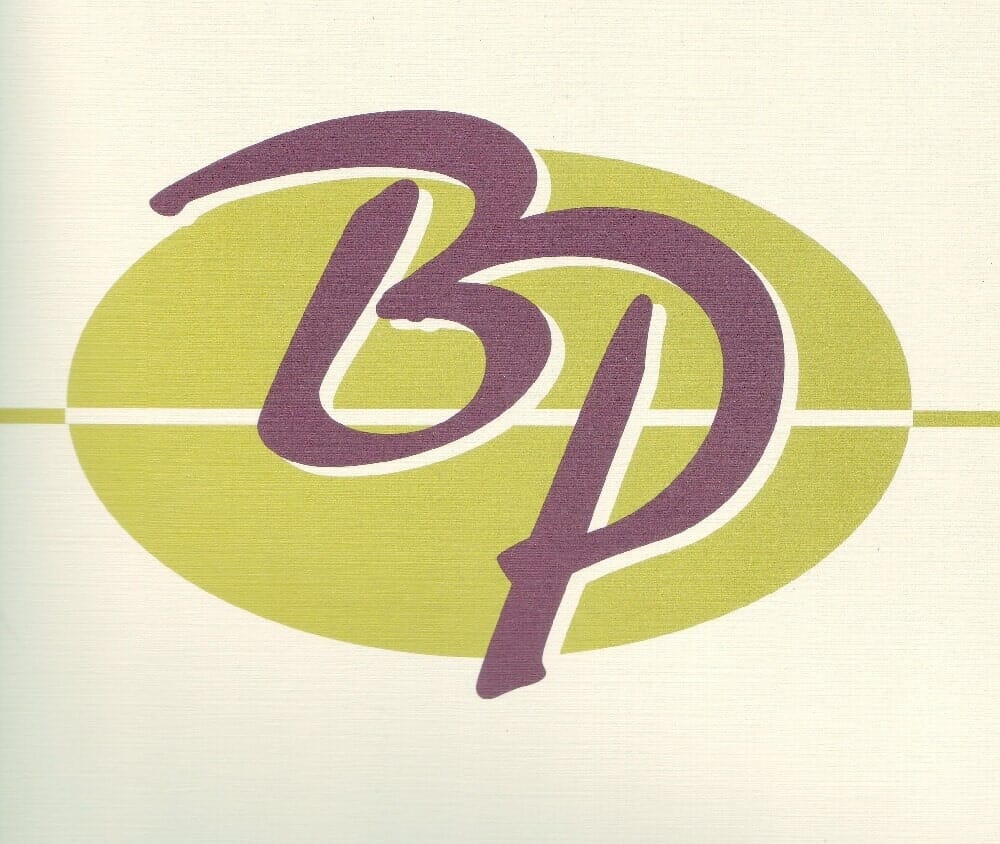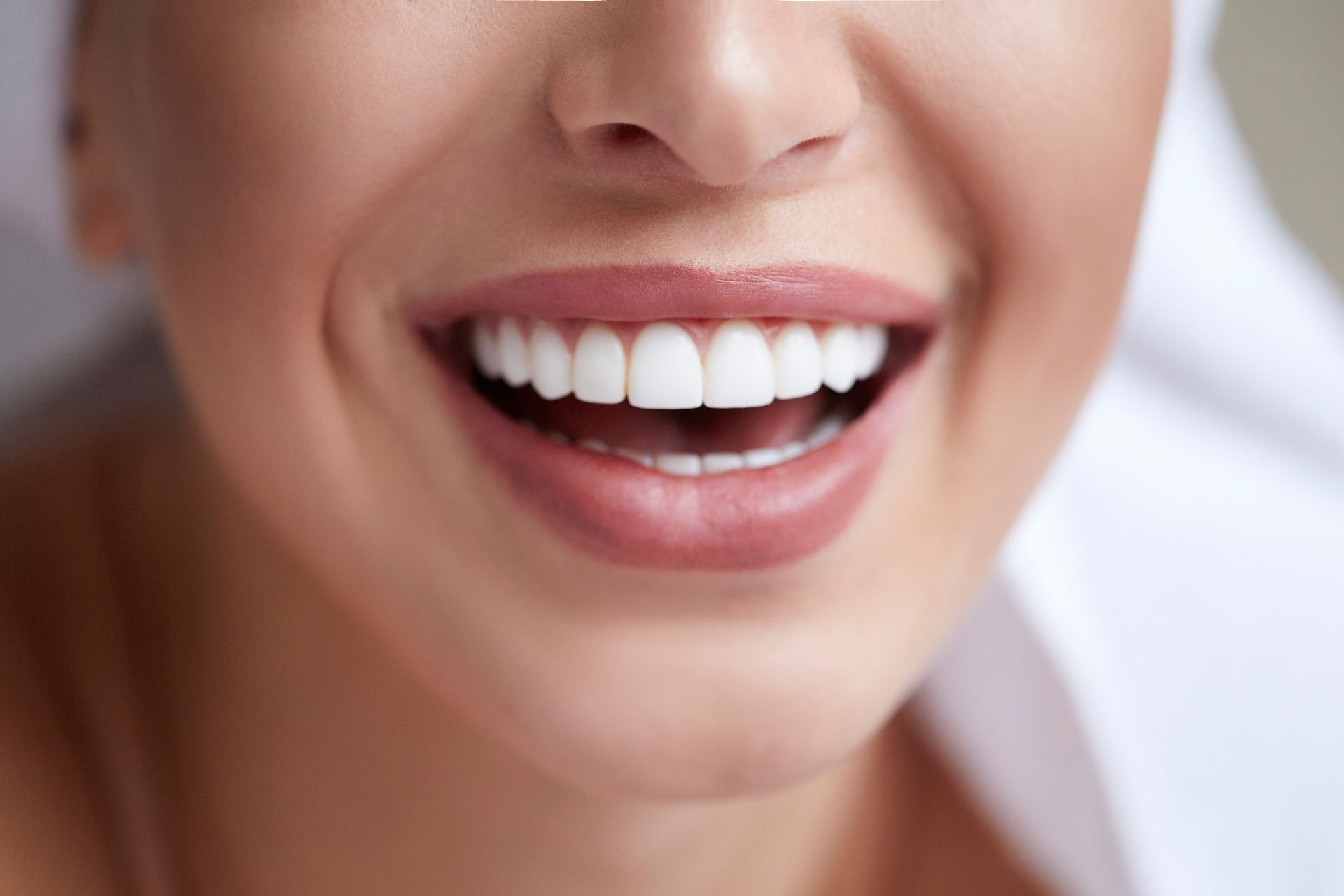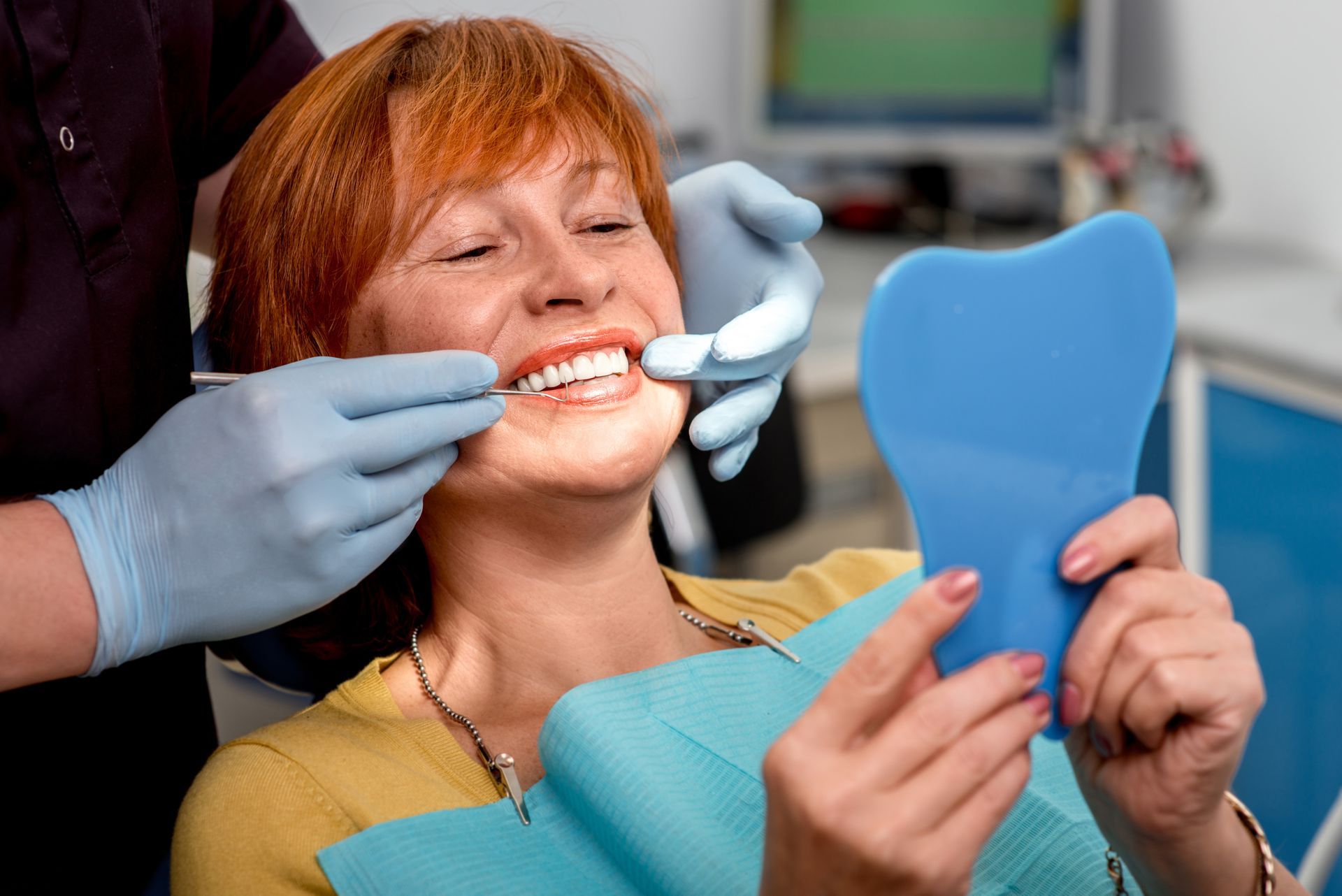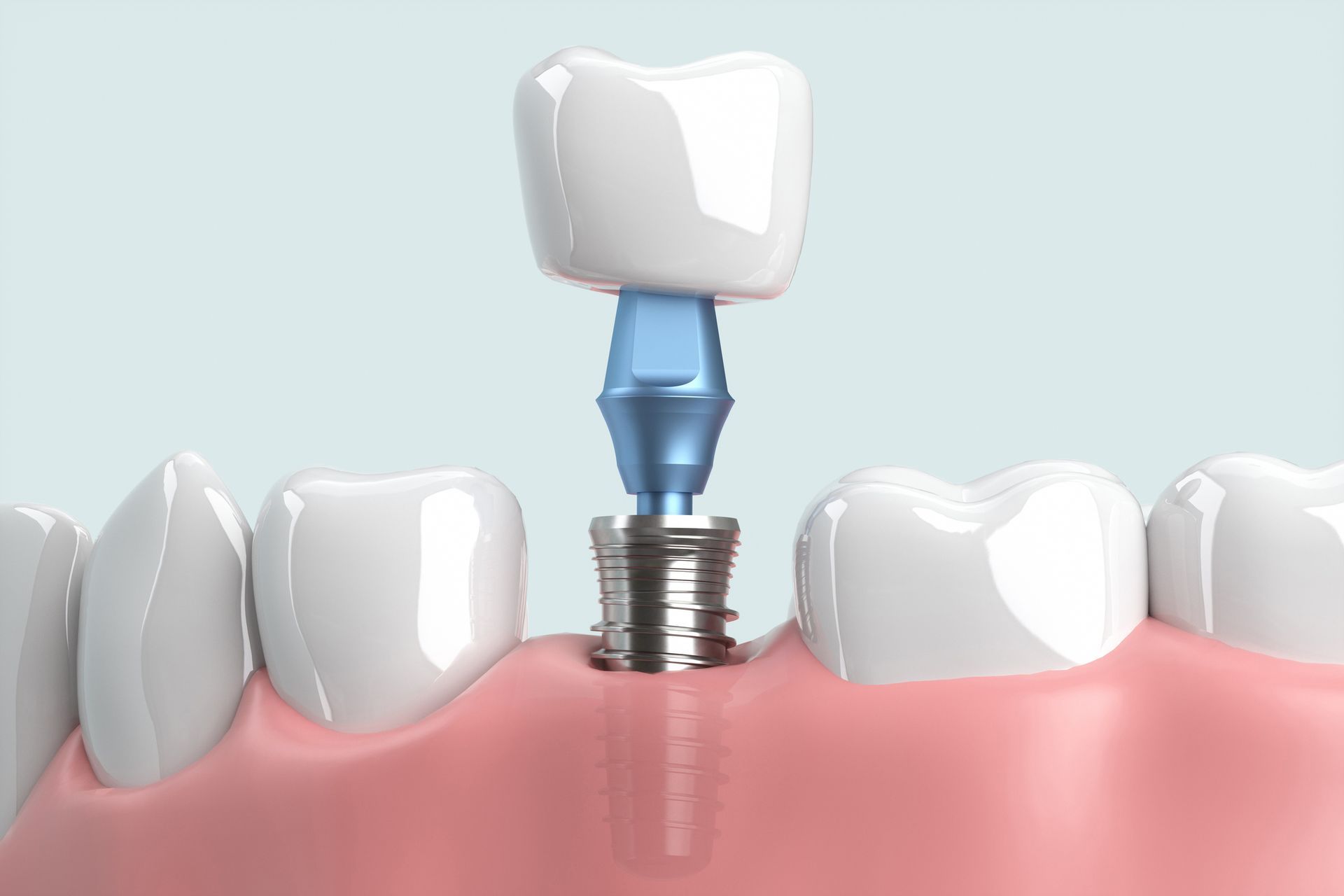4 RISKS OF SHARING YOUR TOOTHBRUSH
- By Admin
- •
- 14 Oct, 2019

Brushing your teeth, along with flossing and getting your teeth cleaned at the dentist, is the most important step in caring for your teeth. Of course, if you don't have your toothbrush with you, you can't brush your teeth properly.
For this reason, if you've ever forgotten or lost your toothbrush, you may have wondered if it's okay to use someone else's. While brushing is important, skipping one session may be better than sharing. Check out these potential risks of sharing your toothbrush or using someone else's toothbrush.
1. Exposure to Decay-Causing Bacteria
Bacteria live throughout your digestive system, including in your mouth. This bacteria is normal and helps with the digestive proves. However, your bacteria are specific to you, and another person's bacteria are specific to them. Introducing a new bacteria to your mouth can affect your oral health.
One type of bacteria you can share with a toothbrush is streptococcus mutans. This type of bacteria lives in just about everyone's mouth. Alone, it's harmless, but as it digests the sugars in your mouth, it creates acid strong enough to erode enamel. If someone has more of these bacteria in their mouth because of poor oral hygiene, you may get more too by sharing their toothbrush, increasing your risk of decay.
2. Exposure to Periodontal Disease
Another bacteria you may find in your mouth is porphyromonas gingivalis, which doesn't live in a healthy mouth. This bacteria is linked to periodontal disease, which causes gum pain, bleeding, recession, tooth loss, bone loss, etc.
In the early stages of gum disease (gingivitis), you can usually reverse the symptoms, but once you have periodontitis, you need professional cleanings and medication to great periodontitis.
If you don't have this bacteria in your mouth, you probably don't have to worry about gum disease. However, if your partner or family member has gum disease, and you use their toothbrush even once, you may invite gingivitis to develop. If you do notice signs of gingivitis, such as tender gums, seek treatment fast before it spreads to the jawbone.
3. Exposure to Various Viruses
Of course, nearly anytime you share anything with someone, you open yourself to sharing viruses. This is especially true for something like a toothbrush that may be harboring virus-infected saliva. At the very least, if the person has a cold or flu, you can catch it too if you use their toothbrush.
Unfortunately, some viruses can also cause life-long conditions. For example, if you use the toothbrush of someone with an active cold sore, you expose yourself to catching the herpes simplex virus. Like the sexually transmitted form of herpes, there is no cure, so you'll have to live with it for life.
4. Exposure to Blood-Borne Illness
Spreading blood-borne illnesses via toothbrush is less common because you both need to be experiencing oral bleeding. However, if you do both have periodontal disease (which can cause severe bleeding during brushing), you may expose blood to blood, which is how diseases like HIV and hepatitis are spread.
If you do end up using someone else's toothbrush, it is particularly important to clean it first, especially if they have a blood-borne illness. A good rinse should remove any blood, but toothbrushes can be boiled to remove any contaminates to better protect yourself.
If you don't have access to your toothbrush, don't use someone else's unless you want to expose yourself to oral and overall illness. Whenever you're in doubt about using a toothbrush, buy a new one. If you would like to know more about the risks of sharing a toothbrush, or if you need to schedule a dental appointment, contact us at Bradley Piotrowski, DDS, MSD, LLC, today.













